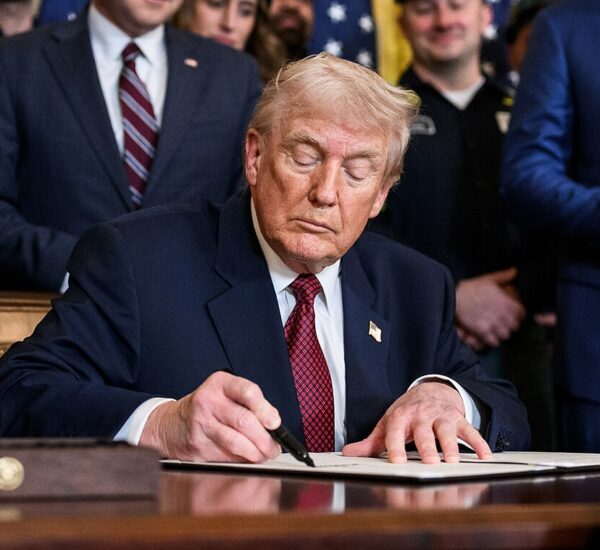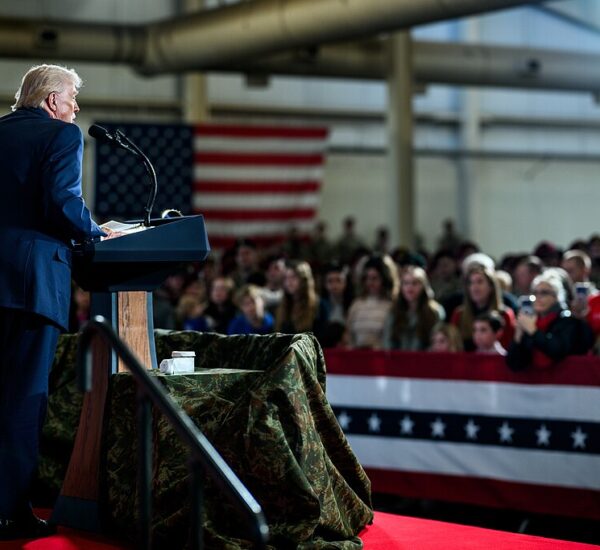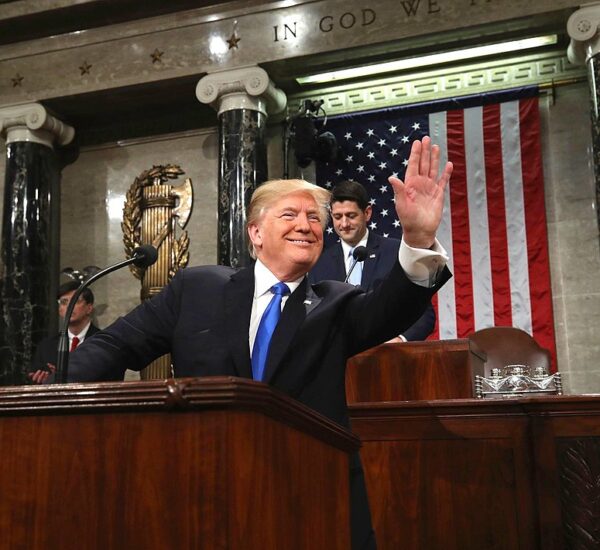Senators Divided Over Secret Bill
Republicans are clashing over a little-known provision quietly inserted into the government-reopening bill — a provision that could allow senators to sue the federal government for at least $500,000 if federal agents accessed their phone records without notification.
Signed into law by President Trump last week as part of efforts to end the Biden-era shutdown, the language has sparked outrage, confusion, and political fallout, especially as many conservatives view it as a response to years of federal overreach and political targeting.
House Republicans: “We Were Misled”
House Republicans say they were blindsided when they learned the Senate slipped the measure into the final deal.
Speaker Mike Johnson (R-La.) expressed deep frustration:
“We had no idea it was dropped in at the last minute.”
Rep. John Rose (R-Tenn.) immediately introduced a repeal bill, arguing that taxpayers shouldn’t be forced to cover potential million-dollar payouts because of what he labeled federal agencies going rogue under Joe Biden.
The Trigger: Jack Smith’s Secret Phone-Record Subpoenas
The uproar began when Sen. Chuck Grassley (R-Iowa) revealed that former special counsel Jack Smith secretly subpoenaed phone records from multiple GOP senators as part of his “Arctic Frost” investigation.
Several senators were never told their records were taken.
The new law allows only senators — not House members — to sue for damages if federal agents obtain their records without notification. This created immediate anger from House members who also had records pulled.
Rep. Mike Kelly (R-Pa.) asked:
“If it’s a serious problem for senators, why isn’t it a serious problem for members of the House?”
Why the Provision Is Causing a Firestorm
For decades, federal investigators have used sealed court orders to prevent targets from being notified of subpoenas — a common practice in ongoing investigations.
This new Senate-only rule changes that, giving 100 senators a legal right no other American has: the ability to sue for hundreds of thousands of dollars if the FBI or DOJ acted without notifying them first.
Because the law is retroactive to 2022, 10 Republican senators targeted during the Biden years could make claims immediately.
Some Senators Plan to Sue — Others Reject the Payout
Sen. Lindsey Graham (R-S.C.) said he will “definitely” sue, adding:
“I want to make it so painful that no one ever does this again.”
Sen. Tommy Tuberville (R-Ala.) promised to sue “every Biden official involved” if accountability is not delivered.
Sen. Marsha Blackburn (R-Tenn.) said she supports repealing the financial portion, arguing the priority is exposing government weaponization, not seeking personal payouts.
Others, including Sen. Josh Hawley (R-Mo.) and Sen. Bill Hagerty (R-Tenn.), made clear they would not accept taxpayer-funded damages.
Primary Elections Already Feeling the Impact
The controversy is hitting GOP primaries, especially in states where challengers are eager to paint incumbents as benefiting from this provision.
Lindsey Graham’s challenger, Paul Dans, accused him of “hijacking” the government-reopening bill to enrich himself — an accusation Graham strongly denies.
In Tennessee, where Rep. Rose is running for governor, the issue is fueling additional scrutiny of Sen. Blackburn’s earlier comments.
House Moves Toward Repeal — Senate Stalls
The House is preparing to vote this week on a repeal, with overwhelming support expected. The measure is coming up under a fast-track procedure requiring two-thirds support.
However, Speaker Johnson warned that Senate leadership has not guaranteed they will take up the repeal.
Many senators appear reluctant to quickly unwind a provision that shields them — and only them — from federal surveillance practices used on everyday Americans.
House Republicans Warn of “Self-Dealing” Appearance
At a tense Rules Committee meeting, Rep. Chip Roy (R-Texas) warned the public may view the provision as insider protection:
“People are going to see this as self-serving.”
Rep. Austin Scott (R-Ga.) said the Senate forced the House into an impossible position — reopen the government or block the measure entirely.
He criticized the retroactive payouts, saying:
“There’s a list of people who know they’ll get paid as soon as this is signed.”






